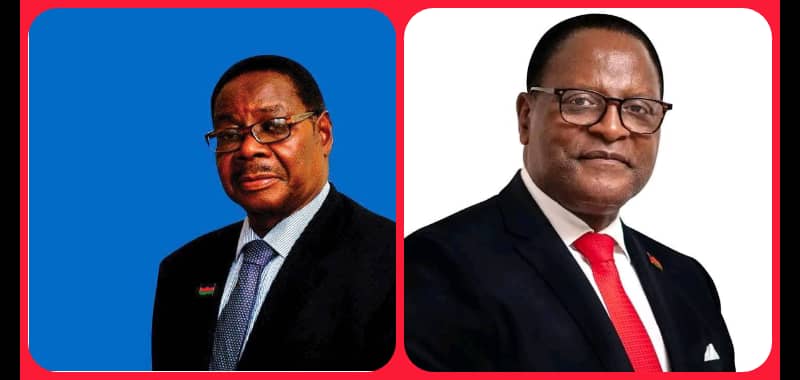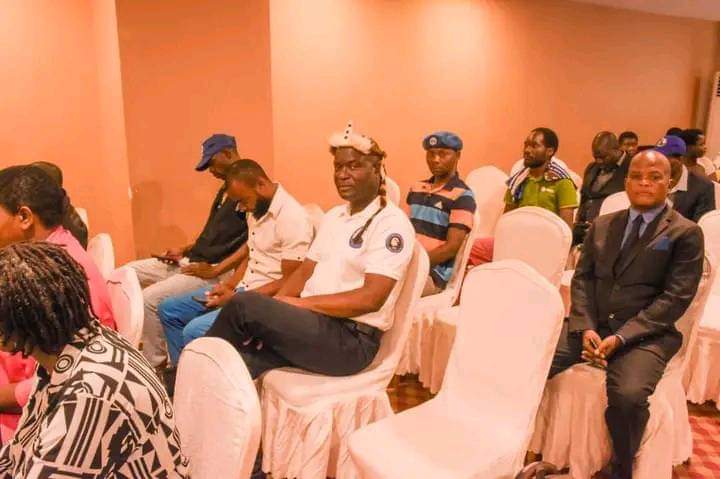By Burnett Munthali
In every democracy, the presidency is the highest office in the land, entrusted with the responsibility of guiding a nation toward peace, progress, and prosperity.
But history has shown that not everyone who becomes president possesses the qualities necessary to govern wisely and effectively.
Being a good president requires much more than winning an election or giving inspiring speeches.
It demands vision, character, competence, humility, and an unwavering commitment to serve the people.
A good president must begin with a clear and ambitious vision for the country.
This vision must go beyond rhetoric and focus on realistic, measurable goals that uplift the lives of ordinary citizens.
Whether it’s creating jobs, improving education, expanding healthcare, or strengthening the economy, a president must know where the country is going—and how to get there.
But vision alone is not enough without integrity.
A good president must be honest and morally upright, leading by example and rejecting corruption at every level.
They must uphold the law, protect public resources, and never use power for personal gain.
In countries where corruption has become systemic, a good president must have the courage to clean up the system, even if it means offending close allies or powerful institutions.
Equally important is competence.
Leadership without the skills to govern is dangerous.
A good president must understand public administration, economics, diplomacy, and law—or be wise enough to appoint people who do.
They must be strategic thinkers who make informed decisions based on facts, not emotion or political pressure.
Communication is another critical tool for effective leadership.
A good president must speak to the nation with clarity, sincerity, and empathy.
They must listen more than they talk, and communicate policies in a way that builds trust and unity.
In times of crisis—whether it’s a natural disaster, a pandemic, or an economic collapse—a good president must remain calm and act decisively.
They must inspire confidence and rally the country toward a collective response.
Beyond skills and policies, a good president must possess emotional intelligence.
This includes self-awareness, patience, the ability to handle criticism, and the humility to admit mistakes.
A proud leader who refuses to learn or accept fault will only isolate themselves from the people they serve.
Another mark of a good president is their commitment to inclusion and equality.
They must serve all citizens regardless of tribe, religion, gender, region, or political affiliation.
Good presidents unite nations; bad ones divide them for political gain.
They must promote national unity, build inclusive cabinets, and ensure that no group feels left behind in the development process.
Strong presidents also respect democratic institutions and the rule of law.
They do not interfere with the judiciary, manipulate the constitution, or silence the media.
They protect freedoms of speech, assembly, and belief because they understand that true leadership does not fear dissent.
Finally, a good president must embrace the mindset of a servant—not a ruler.
They must remember that power is not a privilege, but a responsibility.
Their duty is to serve the people, protect their dignity, and leave the country better than they found it.
Great presidents are not perfect—but they are honest, courageous, and focused on the greater good.
In a world hungry for leadership that transforms rather than controls, these qualities are no longer optional—they are essential.
As Malawi and many other countries look to the future, the question we must ask is not just “Who wants to be president?” but “Who is ready to lead with integrity, wisdom, and heart?”
Because only then will the presidency become a vehicle for genuine national progress.





